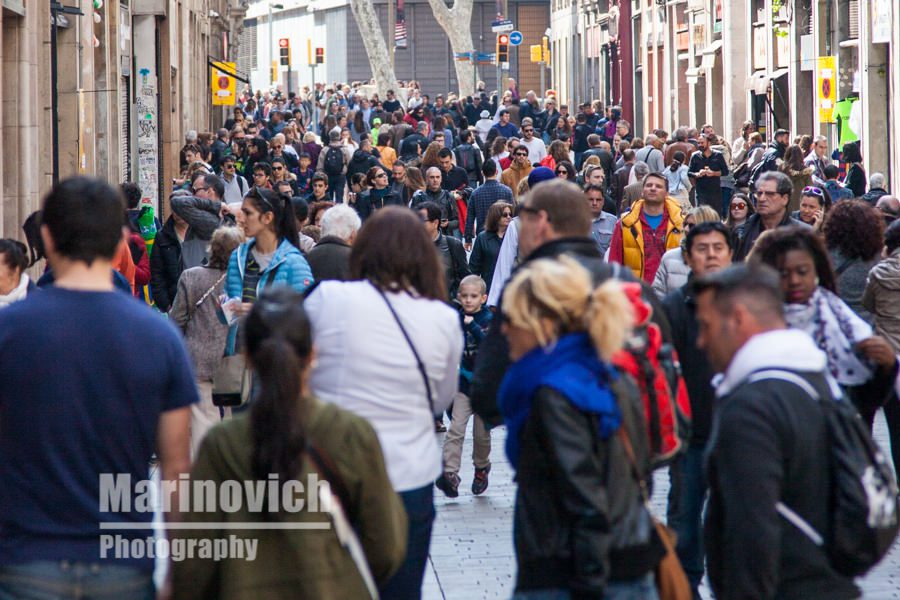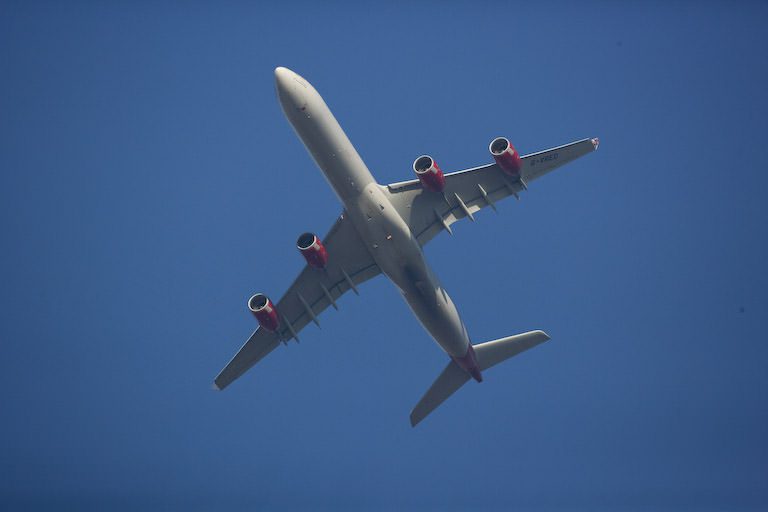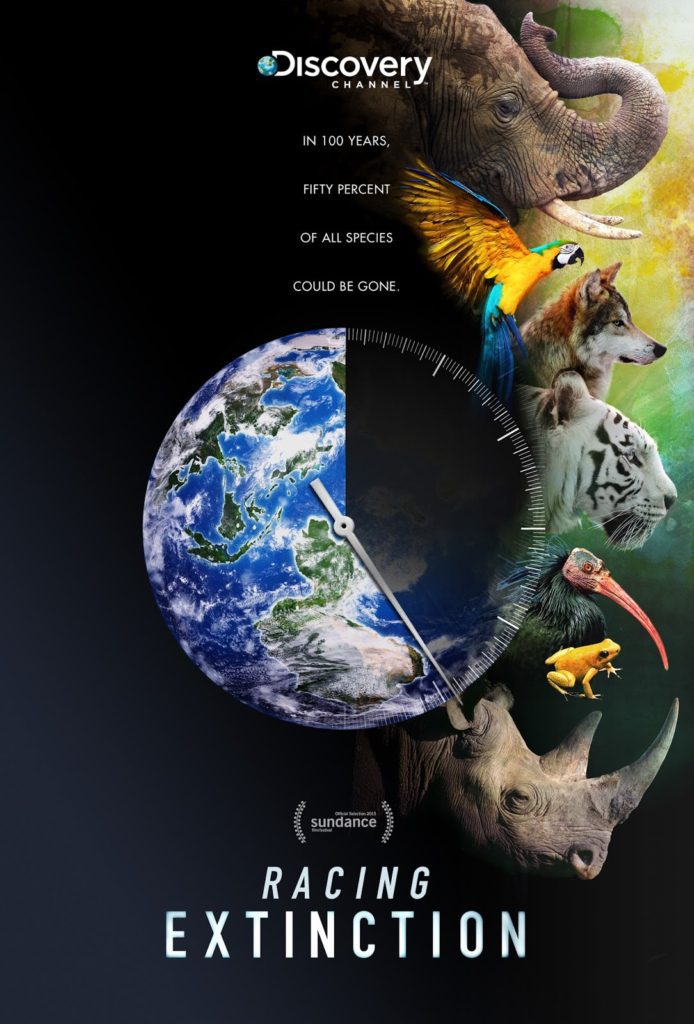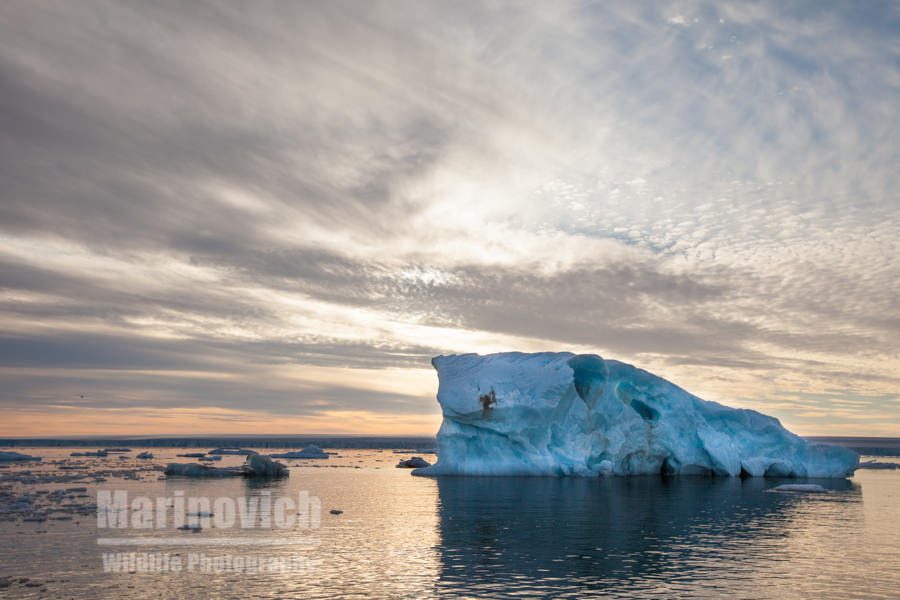Climate Change Topics
- Overpopulation – Have fewer children
- Eat less meat, poultry and fish
- Buy local
- Eat organically farmed food
- Line dry your clothes
- Vote with your feet when travelling
- Reduce and reuse before recycling
- Offset your emissions
- Get educated
- Spread the word
Overpopulation – have fewer children
Without a doubt, this is the only way we can save the planet. I’ll pull no punches here. Climate change is a symptom of the overpopulation disease. All scientific evidence of the past thirty years points to the fact that there are just too many people on earth to be supported anymore. The term overshoot has been used for a long time in biological studies. We currently overshoot the earth’s carrying capacity in August of each year. The resources used for the rest of the year are borrowed from our children and grandchildren. Overpopulation and overconsumption are the major causes of all the world’s problems. Climate change, poverty pollution, habitat destruction, resource depletion and species loss, are all symptoms of overpopulation. By simply educating people to have smaller families, we can help resolve many of our problems at once. Education is needed to show people that every new person on the planet increases the impact even more. Sustainable planetary living is a propaganda myth as long as we have an ever-increasing population.

Eat less meat, poultry and fish. (Vegetarian or veganism)
The annual greenhouse gas emitted by animal agriculture is sitting at around 51% of the global emissions (World Watch Institute). You’ll notice this is more than half of the current global emissions. That means if we only clean up the transport, energy, industry and commerce emissions, we’ve only done half the job.
The other half of emissions are all from the meat and dairy we consume. It’s a choice we’ll have to make. Refuse to eat it or at least cut it back to a day to two a week. 75% of all arable land (farmed land) is used to grow food for the animals that give us meat and poultry products.
Buy local
Have a close look at your shopping habits. Do you know where your items come from? Are three different types of melon, all of which might come from Brazil and Chile, really necessary? Do you need that New Zealand lamb? Think about the transport cost and emissions that are used to get your food from another side the world
Yes, local can be more expensive, but it’s far better for the planet, not to mention your local economy. And I’m not talking about supporting “posh and trendy” shops that cater for the financially well off. These so-called organic suppliers who package a single piece of imported fruit in three layers of plastic to make it look pretty for you. Those who lure shoppers to pay extra to feel like they have made a difference.
Buying local supports the local growers, producers, and keeps money in the region. It doesn’t support shareholders in faraway lands who don’t care about your environment.
Eat organically farmed food
True organic food is healthier for you because we don’t put unnecessary pesticides into our bodies. It is also not contaminated with antibiotics and hormones that are pumped into our livestock to stave off illness before it happens.
Organic food is also not grown with synthetic fertilisers, most of which are a by-product of the oil refining industry. If you buy a conventional apple in the supermarket, you are boosting and supporting Big Oil. It takes some time to find true growers in your area. Seek them out.
Line dry your clothes
Tumble drying your laundry uses a lot of energy, so line dry them whenever you can. Fabrics are also destroyed by this method of drying, so the clothes don’t last as long. This means you have to purchase replacements more frequently.
Buying new clothes means using more energy in the manufacturing and transportation process. Most of our cheap clothing is made in Asia which isn’t exactly next door, so supply chains are long.
People need to be re-educated to understand that everything we eat, wear or use around the house needs energy (oil and gas) to produce. Overconsumption is both the cause and effect in this never-ending loop of demand we place on the planet. We’ve got so used to cheap oil that we no longer grasp how and where things are produced
Vote with your feet when travelling
Try to downscale your transport choices as and when they arise. If you need to fly somewhere, could you use the train or drive there? If you need to drive somewhere, could you cycle or walk?
Can you offset your travel by using companies or programs to fight emissions? (see below)

Reduce and reuse before recycling
Recycling was a big fad long before we realised we had a climate change problem. It was driven by scientists noticing that we were polluting the planet. Initially, it was used to fight waste. We now know that although it was a noble endeavour, recycling uses a lot of energy. Yes, much less than making the item from scratch, but still heavy on transportation and reprocessing of materials.
Reducing consumption and reusing is still the cleanest way to limit waste.
Offset your emissions
We’re all still responsible for some emissions that we’ll cause no matter how careful we are. After all, we’re not hermits living in caves.
A great way to help is to offset your annual emissions is by purchasing carbon offsets. It’s not as expensive per year as you may think. Google “carbon offset funds” and organisations exist that can help you to calculate your carbon footprint (a good estimate anyway). If you fly a lot, some airlines will allow you to offset each flight upon purchase of your ticket online.
The United Nations have a fund which makes it easy to offset, and, you can choose where your money goes. Climate Neutral Now allows you to choose from several causes, from assisting with carbon capture, helping other people to be more energy efficient through training, or solar panel projects for poverty-stricken areas that burn coal and wood.
Get educated
Read, read and read some more. It’s in yours and your loved-ones interest, to make sure you can make a difference. Being ignorant of the threats that we face, even though they may not be directly obvious to you in your busy life, is no longer an excuse anymore. We are more connected than ever so claiming ignorance is a crime against your children’s future.
There is a wonderful documentary out there that many still won’t know about. It is a call Racing Extinction, and it’s a simple way to start your education of what is happening out there
You can make a difference
Racing Extinction uses a great hashtag that sums up the movie so nicely. While some of the content is sobering and distressing, there’s still an overall message of hope. To make a difference, it all starts with you doing just one thing. Anyone of the tips I’ve mentioned here is not new or revolutionary, but getting your family to start with one will make a big difference. #Startwith1thing
Do your own research. Google is your friend. Don’t just accept what mainstream media is telling you. They all have their agenda to promote and paymasters to listen too. Do your research. Follow people who write about these topics. Try to see the big picture. eel free to Subscribe to my newsletter for more info.

Spread the word
Once you start educating yourself, the next step is to start talking to other people about what you are doing. It is this social movement that will go a long way to helping the future of our children’s planet.
Please share this post by selecting one of the social media icons below. Share many if you choose.









